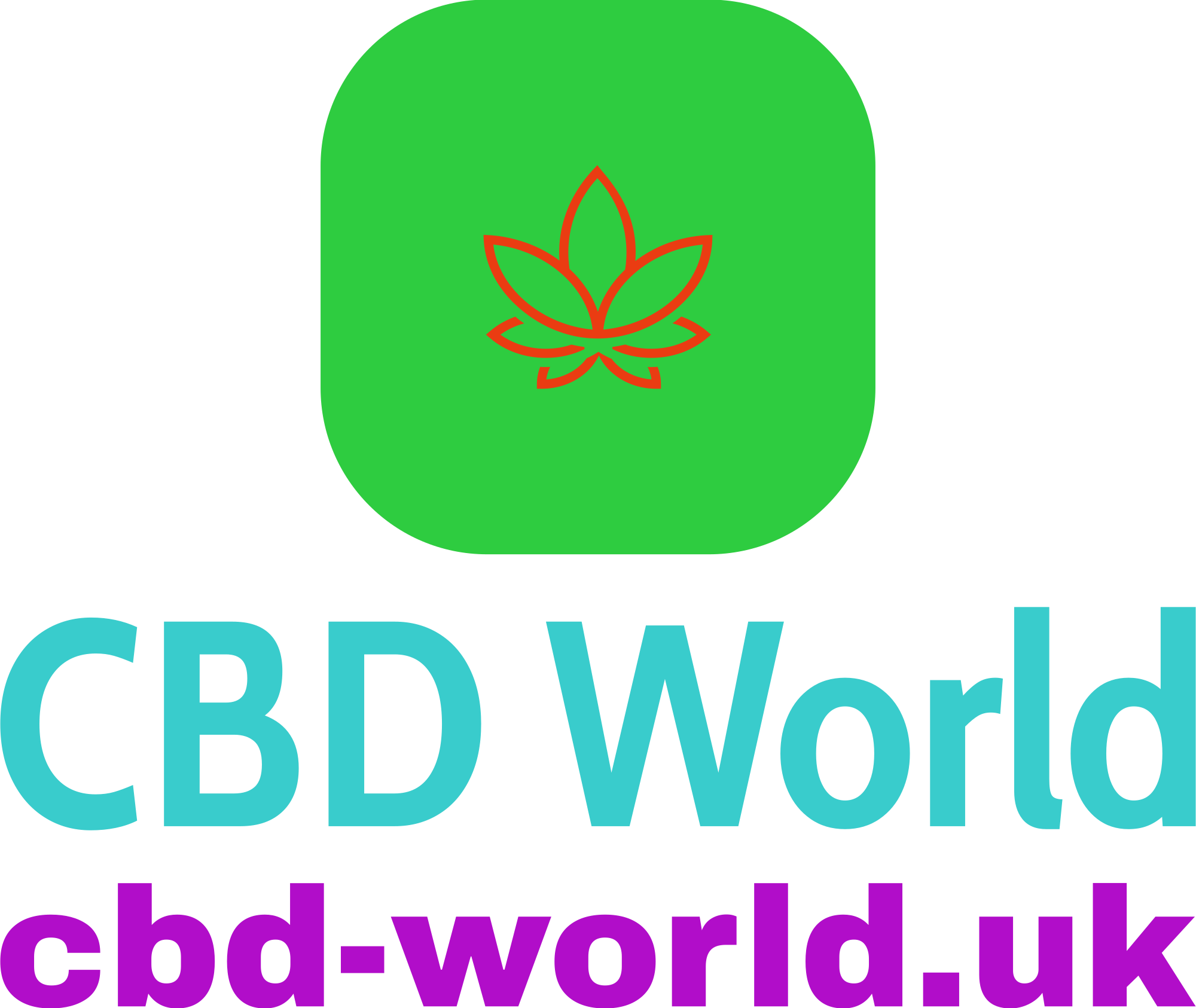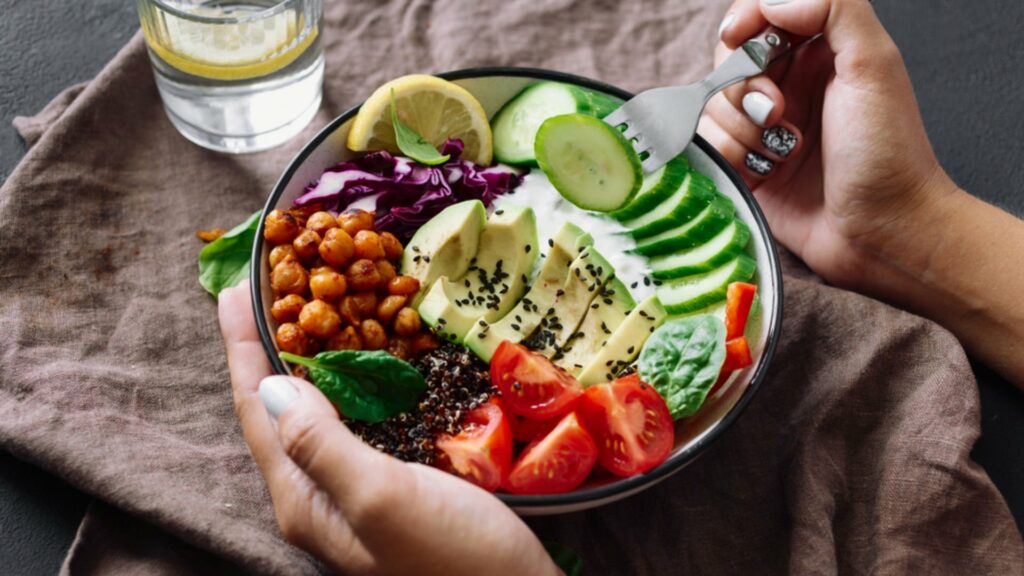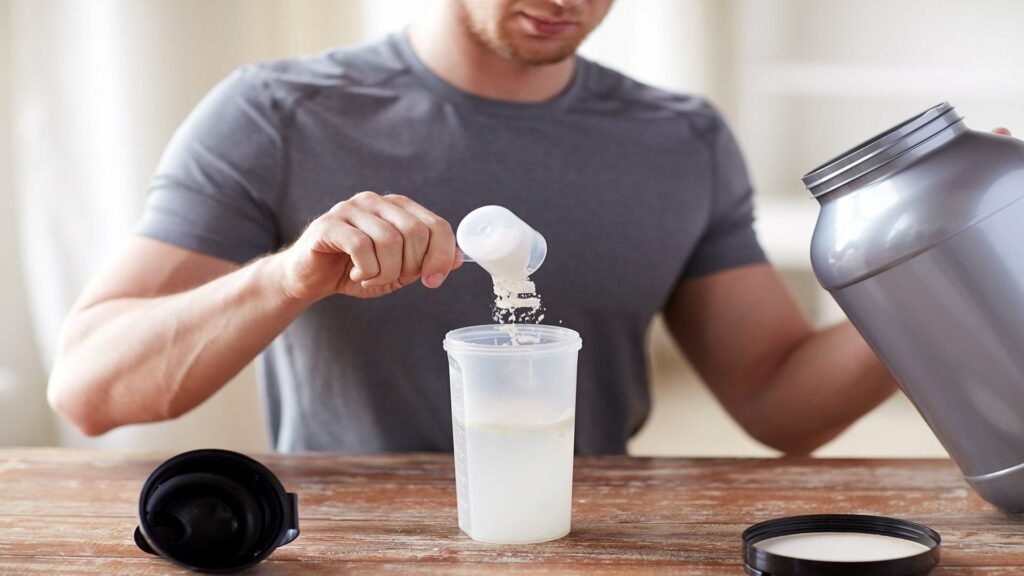Comments Off on Breastfeeding Diet 101: What to Eat While Breastfeeding

- Breastfeeding is a crucial period in a mother’s life, as it provides essential nutrients and antibodies to the baby. As a breastfeeding mother, it’s important to maintain a healthy diet to ensure optimal nutrition for both you and your baby. A well-balanced breastfeeding diet can support milk production, enhance your energy levels, and aid in postpartum recovery. In this comprehensive guide, we will explore the key components of a breastfeeding diet and provide practical tips on what to eat while breastfeeding.
- Caloric Intake: Breastfeeding requires additional calories to support milk production. On average, lactating mothers need around 500 extra calories per day. However, individual needs may vary, so listen to your body’s hunger cues and adjust your intake accordingly. Aim for nutrient-dense foods that provide a balance of macronutrients and essential vitamins and minerals.
- Hydration: Staying hydrated is crucial for breastfeeding mothers. Adequate water intake helps maintain milk supply and prevents dehydration. Aim to drink at least 8-10 cups of water or other fluids daily. Keep a water bottle handy and sip on fluids throughout the day, especially during breastfeeding sessions.
- Protein: Including sufficient protein in your diet is important for milk production and tissue repair. Good sources of protein include lean meats, poultry, fish, eggs, legumes, dairy products, and plant-based sources like tofu and quinoa. Aim to include protein-rich foods in each meal and snack.
- Healthy Fats: Healthy fats are essential for the development of your baby’s brain and nervous system. Incorporate sources of unsaturated fats such as avocados, nuts, seeds, olive oil, and fatty fish like salmon into your diet. These fats also help you feel satisfied and can support healthy weight management.
- Complex Carbohydrates: Opt for complex carbohydrates like whole grains, fruits, vegetables, and legumes. These provide sustained energy and are rich in fiber, vitamins, and minerals. Avoid refined carbohydrates and sugary foods as they offer little nutritional value and can cause energy crashes.
- Calcium and Vitamin D: Calcium and vitamin D are vital for bone health, both for you and your baby. Dairy products, fortified plant-based milk, leafy greens, and tofu are excellent sources of calcium. To enhance calcium absorption, ensure you get enough sunlight for vitamin D synthesis, or consider a vitamin D supplement if necessary.
- Iron: Iron needs are higher during breastfeeding to replenish the iron stores depleted during pregnancy and support the baby’s growth. Include iron-rich foods such as lean red meat, poultry, fish, legumes, dark leafy greens, and fortified cereals. Pairing these foods with vitamin C-rich sources like citrus fruits can enhance iron absorption.
- Omega-3 Fatty Acids: Omega-3 fatty acids are crucial for your baby’s brain and eye development. Include fatty fish like salmon, sardines, and trout in your diet. If you’re vegetarian or don’t consume fish, consider algae-based omega-3 supplements or incorporate flaxseeds, chia seeds, and walnuts into your meals.
- Fruits and Vegetables: A wide variety of colorful fruits and vegetables ensure a rich supply of vitamins, minerals, and antioxidants in your diet. Aim for at least five servings per day, including leafy greens, berries, citrus fruits, and cruciferous vegetables like broccoli and cauliflower.
- Limit Caffeine and Alcohol: While moderate caffeine intake is generally safe, excessive consumption can affect your baby’s sleep and make them irritable. Limit caffeine-containing beverages like coffee and tea to a moderate amount. It’s also advisable to avoid alcohol or limit its intake since it can pass into breast milk and affect your baby’s development.
- Allergenic Foods: Contrary to popular belief, there’s no need to strictly avoid allergenic foods like peanuts, tree nuts, dairy, soy, or gluten unless your baby shows allergic reactions. In fact, introducing small amounts of these foods while breastfeeding may help reduce the risk of allergies later in life. Consult with your doctor if you have concerns about specific foods.
- Eat Regularly: Breastfeeding can increase your appetite, so it’s important to eat regular meals and snacks to maintain your energy levels. Skipping meals or going too long without eating may affect your milk supply and leave you feeling fatigued. Prepare healthy snacks in advance, like cut fruits, nuts, yogurt, or vegetable sticks.
- Listen to Your Body: Every mother’s nutritional needs are unique, so it’s important to listen to your body and respond accordingly. Pay attention to any food sensitivities or discomfort your baby may experience after breastfeeding sessions, and make adjustments to your diet if necessary. Consulting with a registered dietitian or lactation consultant can provide personalized guidance.
- Take Care of Yourself: Remember that self-care is crucial during the breastfeeding journey. Get enough rest, engage in gentle exercise, and manage stress as best as you can. Prioritize your own well-being to ensure you have the energy and emotional support to care for your baby.
- In conclusion, maintaining a well-balanced breastfeeding diet is essential for the health and well-being of both you and your baby. Focus on nutrient-dense foods, stay hydrated, and listen to your body’s cues. Incorporate a variety of foods from different food groups to ensure a diverse range of nutrients in your breast milk. Remember that every mother’s journey is unique, so consult with healthcare professionals for personalized advice. Enjoy this special bonding time with your baby while nourishing yourself with a wholesome diet.
Latest posts by Ieva Kubiliute (see all)
- Breastfeeding Diet 101: What to Eat While Breastfeeding - July 11, 2023



